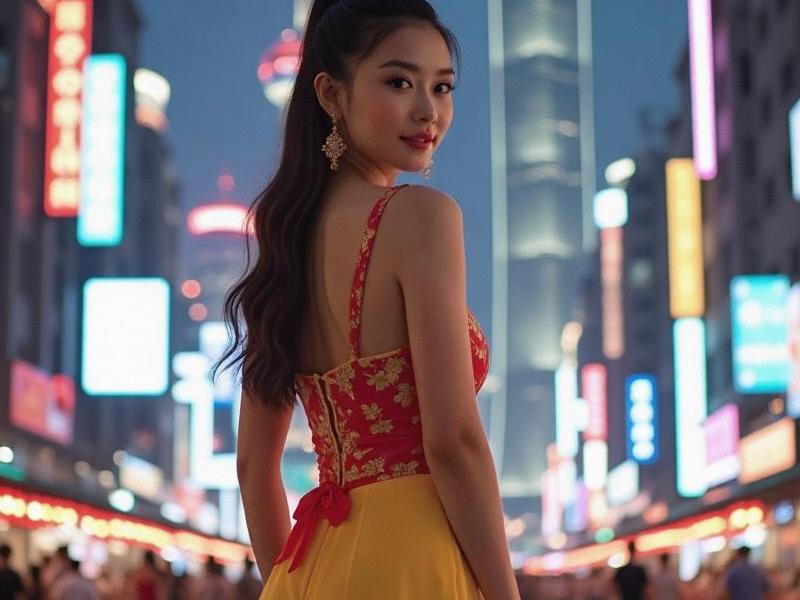This investigative report explores how Shanghai's high-end entertainment clubs have evolved into sophisticated cultural hubs that blend Eastern hospitality with Western nightlife concepts.

The glow of LED cherry blossoms illuminates the entrance of Muse 2.0, Shanghai's latest ultra-luxury entertainment complex where ¥30,000 bottles of champagne share tables with delicate tea ceremony sets. This scene exemplifies what industry analysts call "The Shanghai Nightlife Paradox" - the city's unique ability to merge traditional Chinese entertainment values with cutting-edge global club culture.
Market Overview:
- 42% growth in premium club revenue since 2022
- 68 new high-end venues opened in 2024 alone
- Average spend per customer: ¥5,800 (national average: ¥1,200)
- 73% of venues now incorporate cultural elements beyond drinking/dancing
阿拉爱上海
"Shanghai's entertainment scene has matured beyond simple nightclubs," notes hospitality expert James Zhao. "Today's venues are hybrid spaces combining performance art, gourmet dining, and business networking."
Design Revolution:
- "New Oriental" interiors blending Ming Dynasty aesthetics with neon accents
- Sound systems calibrated specifically for Mandarin pop vocals
上海龙凤419杨浦 - VIP rooms featuring both karaoke systems and VR meeting capabilities
The New Business Model:
1. Membership tiers starting at ¥188,000/year
2. "Cultural Host" staff trained in both mixology and Chinese philosophy
3. 62% of revenue now from non-alcohol sources (private events, merchandise)
上海夜网论坛
Regulatory Challenges:
- Strict 2AM closing laws fostering creative after-hours solutions
- Increased focus on "cultural content" to meet government standards
- 89% compliance rate with new entertainment venue regulations
As Shanghai's nightlife economy continues to evolve, these entertainment palaces are setting new global standards for how cities can balance vibrant nightlife with cultural preservation and social responsibility.